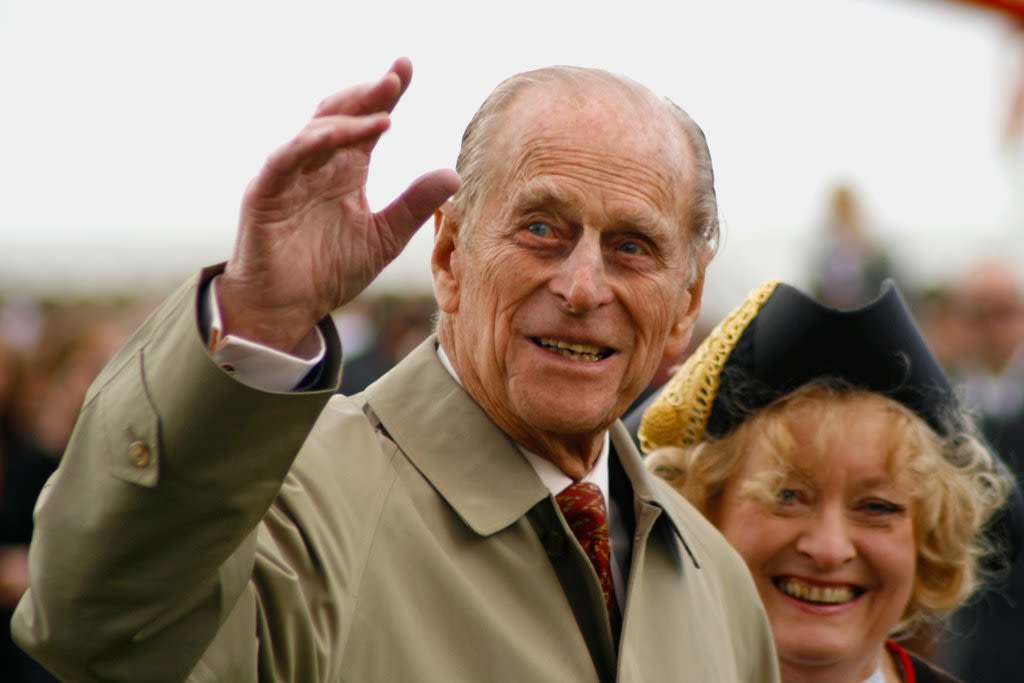
PRINCE PHILIP: A QUESTION OF BALANCE
His Royal Highness Prince Philip, Duke of Edinburgh, passed away in April 2021 at the age of 99. He was the longest-serving royal consort in history and was married to Her Majesty The Queen for more than seven decades.
As is convention after the death of a senior member of the Royal Family, the courts are asked to seal their wills. So in order to “protect the "dignity and standing" of the Queen”, Prince Philip’s last will and testament will be sealed for 90 years.
Unlike most wills granted probate, it will not be open to public inspection. There will be a private process in 90 years to decide if it can be unsealed.
The first family member whose will was sealed by the court was Prince Francis of Teck, the younger brother of Queen Mary, who died in 1910. The legal mechanism was devised after Prince Francis left valuable emeralds prized by Queen Mary to his mistress, the Countess of Kilmorey.
The contents of the will and details of the Prince’s estate plan may never be known. The estate itself has been estimated between £10 Million and £30 Million. Prince Philip's accumulated his wealth from his career in the navy as well as working in the family, but largely his wealth was made up of property, valuable items, stocks, and shares (some of which he held with The Queen).
According to a report in the Daily Mail newspaper in the U.K., Prince Philip left financial gifts to his private secretary and two pages that worked closely with him throughout his life.
Due to a law that prohibits taxation on inheritance between spouses, if the estate goes to Queen Elizabeth, it will go to her tax-free. The royal family actually has a special rule specific to them as well which means if the Queen leaves everything to her son, Charles, who is next in line to the throne, they won't have to pay taxes on that either. This clause was put into place in 1993 to allow an inheritance to pass from “sovereign to sovereign” or the consort of a sovereign to a reigning monarch.
The reason for this is because the monarch is not able to work or trade, they are unable to contribute to or grow their estate as the average person would. Also if the monarch’s estate was repeatedly subject to inheritance taxes their level of wealth would drop drastically.
While this type of planning might only seem appropriate for royalty, it is actually something that we all should consider when it comes to our estate and tax planning.
If you have any estate planning questions or want to know about the advantages of tax planning for your estate, contact DuPont and Blumenstiel today.
